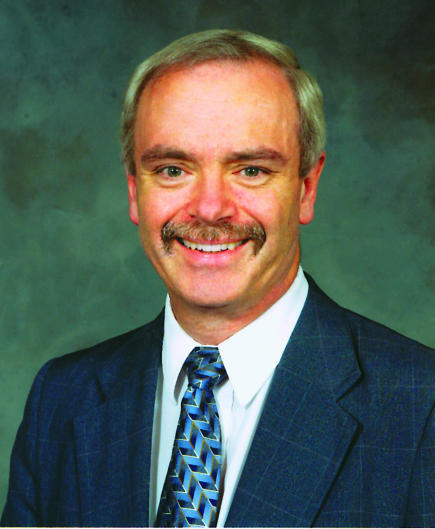The College of Family Physicians of Canada is the voice of family medicine in Canada. Family medicine includes the community of family physicians and general practitioners who practise their craft at the front line in their communities. The discipline also includes the academic community as well as other allied health professionals (such as nurses, pharmacists, and social workers) who work most closely with us in managing the care of our patients and in teaching family medicine to both students and residents.
As the voice of family medicine, the College has pledged to champion high-quality health care for all people in Canada; support its members in providing excellent patient care through education, research, and the promotion of best practices; and ensure that the role of the family physician is well understood and widely valued. This is hardly a trivial task, and the College takes this commitment very seriously. As family medicine has sometimes struggled to hold its place in a progressively more complex and subspecialized world of medicine, the College has often had to raise its voice louder to be heard. It will continue to do so wherever and whenever it is necessary.
Comprehensive care
The College has listened to its members—both those in active practice and those engaged in academic medicine. One of the core messages that is consistently heard is that the provision of continuing comprehensive medical services to a defined population of patients is highly valued by both patients and practitioners alike. But system supports (including remuneration and infrastructure) for continuing comprehensive practice have often been weak and have contributed to the increasing fragmentation of care.
Many family doctors have felt undervalued and have become disillusioned with their work. Some have sought alternative means of providing continuing comprehensive care by focusing their practices on narrower, albeit defined, areas of care (such as sports medicine, maternity, the elderly, the dying, or hospital care). Others have abandoned continuing comprehensive care (perhaps because of a perceived improvement in work-life balance) and focused on episodic care or on another limited area of family medicine. The population needs each of these services to be provided. In a time of shortage of health human resources, various types of work are often waiting to be done and are welcomed by patients requiring such care. But in some of these evolutionary changes lurk challenges to the distinct discipline of family medicine.
As governments and health authorities have begun to recognize the value of primary care and family medicine, some steps have been taken to remedy the lack of support. But is it too late to turn the tide? Will we see increasing numbers of medical students choosing careers in family medicine? Will more recently graduated family doctors choose to provide comprehensive and continuing care as part of their practices?
A team approach
No one can be certain how family medicine will continue to evolve. But there is ample evidence from patient surveys and from research that the population is best served by a strong primary care system, including a cadre of family physicians who, as a group, provide care consistent with the 4 principles of family medicine. In order to ensure a better work-life balance we might need to work more closely in teams—teams that consist of groups of associated family doctors and teams of family doctors working with other closely aligned health care professionals—to provide continuing comprehensive care to patients.
Family doctors have an opportunity to shape the future and to create a better primary care system where family doctors will have a central and valued role in the provision of health care to the population of this country. While other providers can and should have a role in primary care, family physicians need to stand up and take their place.
The College of Family Physicians of Canada will continue to strive at every opportunity to do its part to ensure that the voices of family doctors are heard. But family doctors cannot practise in the past. We must carry the strengths of yesterday’s practice into tomorrow. Many family doctors have already embraced changes in the way in which they practise; however, more family physicians need to do the same and demonstrate that they want to be part of the future of family medicine.
We should all be in this together!



